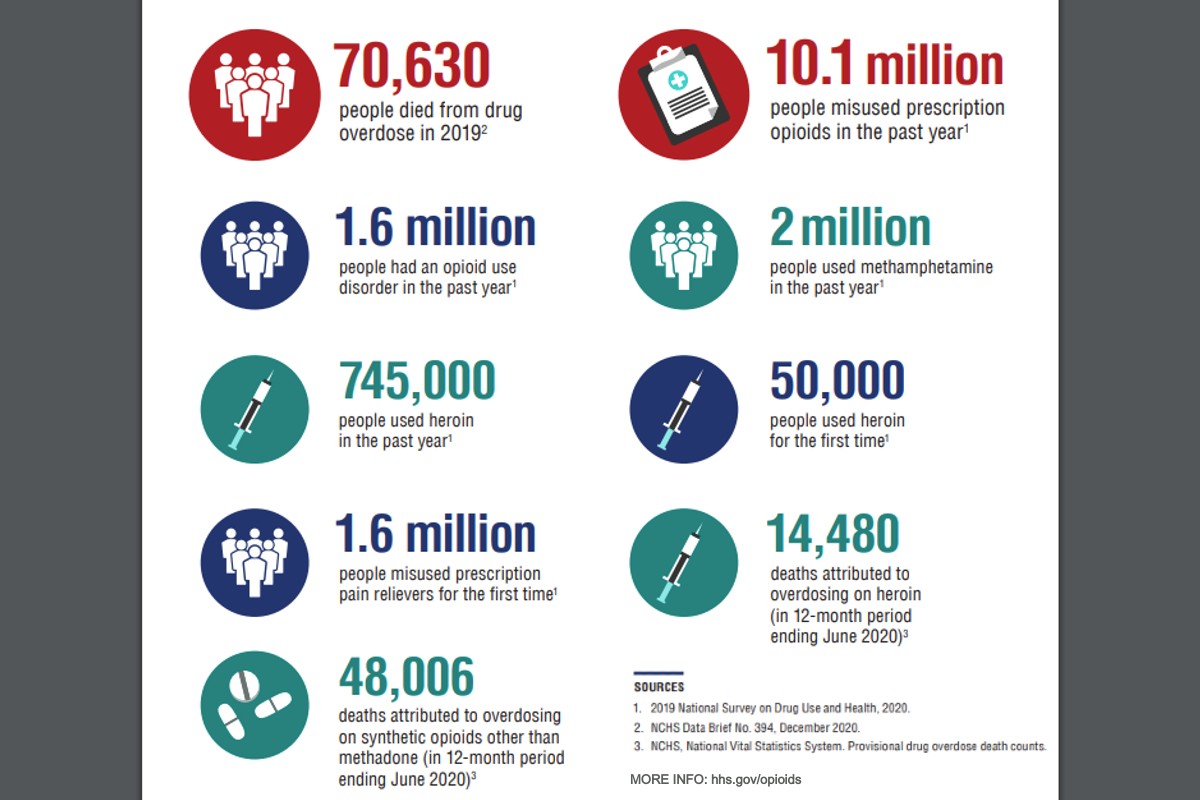
By Herb Frazier | South Carolina expects to receive $300 million in the next two decades from a national opioid litigation settlement to combat the overuse of prescription painkillers that have led to a 60% rise in opioid deaths in the state from 2015 to 2020.
But the state agency that combats drug and alcohol abuse and other addictions is riddled with problems in the way it handles money, delivers services and supervises its staff, according to a new state audit report. And that raises questions about whether it’s up to the job of handling the new funds.

S.C. Rep. Bill. Herbkersman, R-Beaufort, asked the Legislative Audit Council (LAC) to review the response of the S.C. Department of Alcohol and Other Drug Abuse Services (DAODAS) to the opioid epidemic, especially in rural and underserved communities.
The audit, released this month, included a review of other areas, including the pandemic’s effect on DAODAS’s ability to address alcohol and substance use disorders and its involvement with local alcohol and drug abuse agencies.
Herbkersman said in an exclusive interview that the pandemic accelerated the rise of the opioid epidemic in South Carolina and elsewhere. He wanted to determine from the myriad of treatment programs which ones work so they can be made available at centers statewide.
Herbkersman, chairman of the Health and Human Services subcommittee of the House Ways and Means Committee, said lawmakers couldn’t make that assessment on their own so they asked for an LAC audit.
“An audit is always good because when you audit everything is brought to light,” he said. Among other issues, he said, lawmakers are very interested in knowing how many people are treated for substance abuse but return for treatment.
Herbkersman said he’s satisfied with “the job the audit council did. I think they drilled below the surface. It gives a direction to work with DAODAS as a committee and to help strengthen their strengths and to get rid of their weaknesses.”
The agency, he added, is in “the right direction in wanting to do a good job … but we don’t have (answers) to what methods are working best as opposed to what methods are just working but not working as well. It is hard for them to audit themselves, and I think this is a good tool for them to use.”
Almost 4 dozen audit recommendations
 The LAC’s 186-page report includes 78 recommendations on how DAODAS can improve.
The LAC’s 186-page report includes 78 recommendations on how DAODAS can improve.
The LAC’s four-year audit, which began in mid-summer 2016, found that the DAODAS monitoring efforts are inadequate and its internal audit function needs improvements. The audit also found that first responders in rural areas where the opioid crisis is most severe lack training in the use of naloxone, a medication that reverses an opioid overdose. Local alcohol and drug abuse directors also told the auditors it is difficult to contact DAODAS staff.
The LAC has suggested that DAODAS in its relationship with the S.C. Department of Health and Environmental Control (DHEC) should ensure that all first responders statewide are trained to administer naloxone. DAODAS should also advise the S.C. Opioid Recovery Fund Board (ORFB) which areas of the state have the greatest need for the opioid settlement money.
The agency, the LAC report said, should base that need on overdose deaths, including the race and gender of the victims. Opioid deaths in three Charleston-area counties, for example, rose from 137 in 2017 to 243 in 2020, according to DAODAS. Opioids include illegal drugs such as heroin and illicit fentanyl, but they also include prescription medications for the treatment of persistent or severe pain. They include codeine, fentanyl and oxycodone.
Working on audit fixes
In its response to the audit, DAODAS said it has completed 29 of the recommendations, and it is in the process of finalizing 23 others. Action on 17 recommendations are pending. The agency said it disagrees with five of the recommendations and four of them do not apply to DAODAS.
Among the completed recommendations, the agency has expanded funding for patient transportation to services, and it has updated its treatment service manual, the agency said.
It disagrees, however, with the LAC’s assertion that it is not pursuing all of the available federal grants to address the opioid epidemic, and that it is misusing the agency’s credit card.
The agency also is in the process of doing annual risk assessments before it creates a new audit plan to target areas that are of higher risk for fraud and abuse.
In another section, DOADAS said it does not have the authority to evaluate the effectiveness of programs that help people overcome gambling addiction.
In the agency’s overall response to the report, DAODAS Director Sara Goldsby wrote: “While the purpose of the audit was to evaluate the agency’s response to the opioid crisis and other efforts, we wish the evaluation had taken a balanced approach to the department’s strengths and deficits. Overall, we disagree that the summary is an accurate reflection of the full report, or that the report is an accurate reflection of assets and attributes of DAODAS’ work comprehensively.”
Herbkersman said he expects DAODAS to give a full response to the legislature and implement the LAC recommendations within three months.
“We are dealing with fragile people and limited dollars, and we [have to do] the best thing we can for folks who are being affected by this and the taxpayers.”
On the opioid settlement
Four of the nation’s largest companies have agreed to pay nearly $26 billion to settle a wave of lawsuits nationwide that claim they helped to push the deadly opioid crisis. Health care giant Johnson & Johnson, the maker of generic opioid medications, will contribute $5 billion to the settlement. The ORFB will decide how the settlement money is used in this state.
While the death rate for opioid overdose has risen sharply in South Carolina, dispensing of prescription opioids has declined steadily each year from 2017 to 2020, according to the Centers for Disease Control and Prevention . It is expected to update its opioid use report later this year.
Herb Frazier is special projects editor at the Charleston City Paper. Have a comment? Send to: feedback@statehousereport.com.


